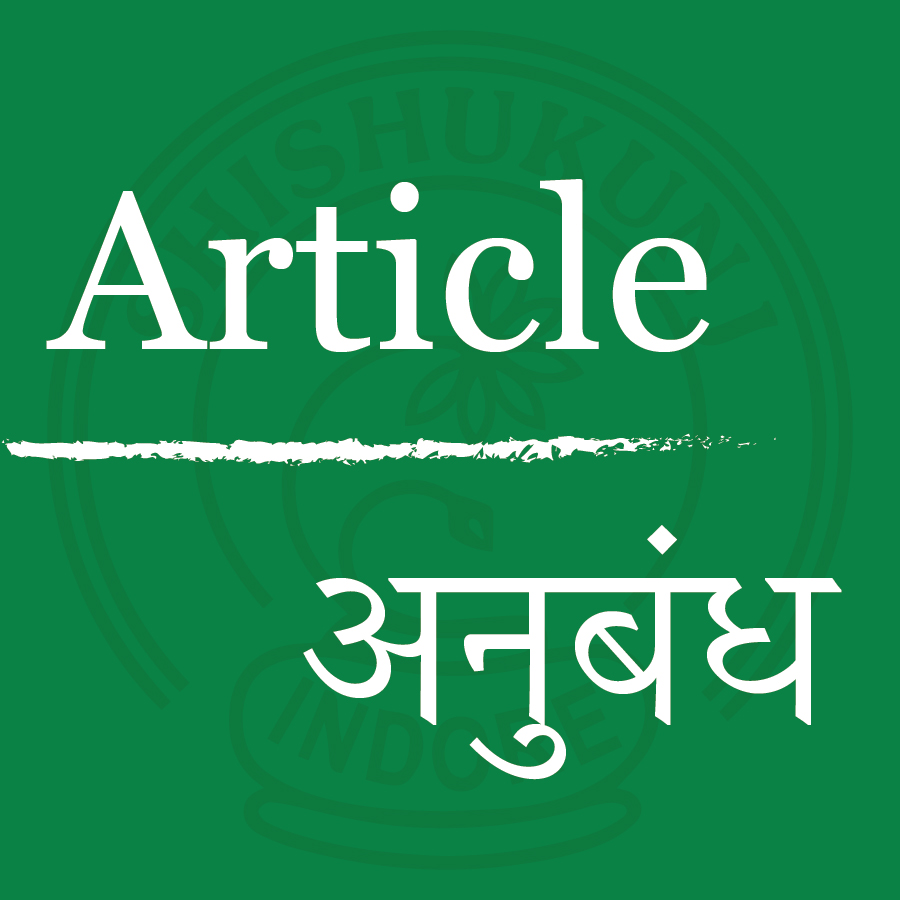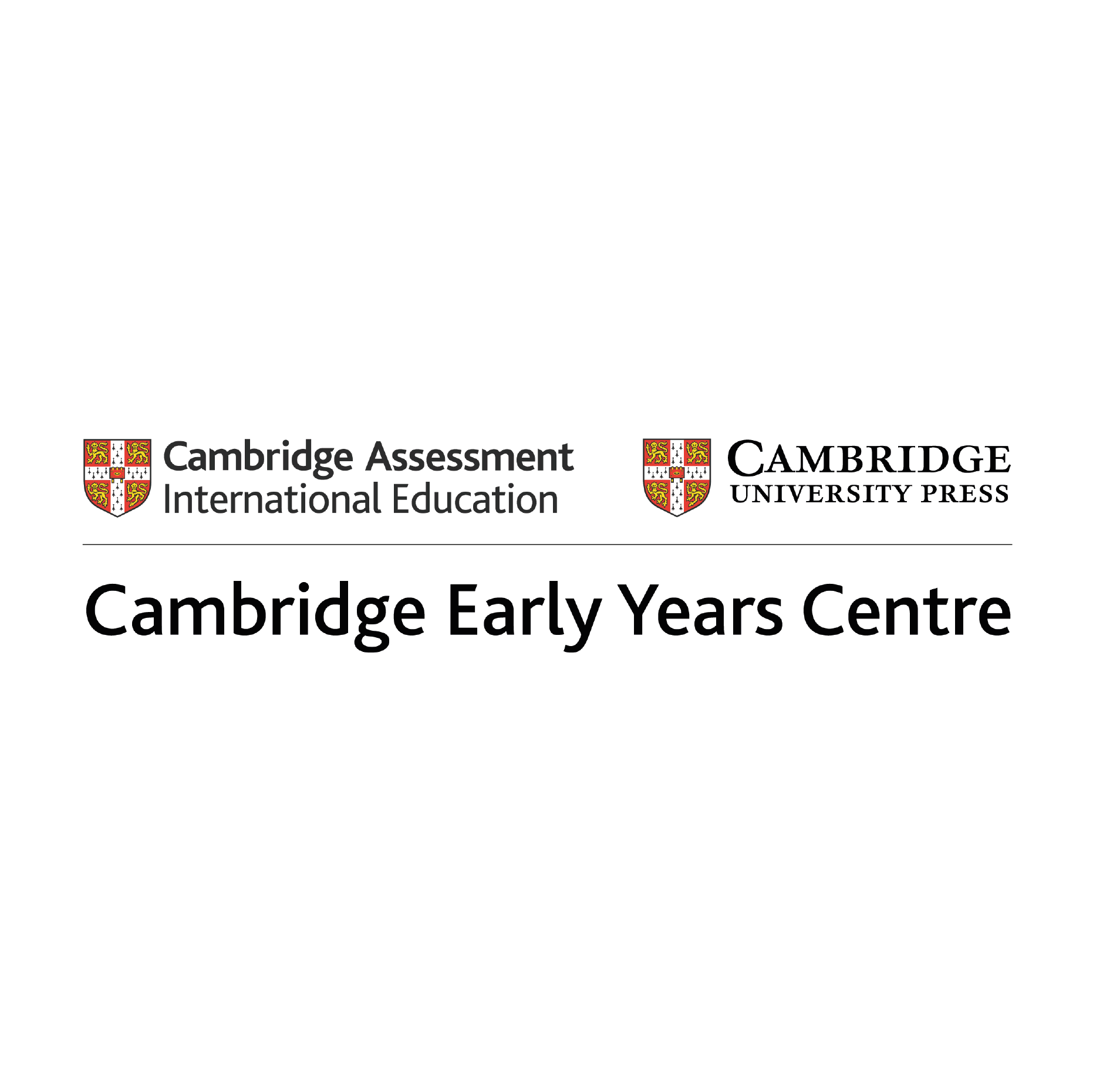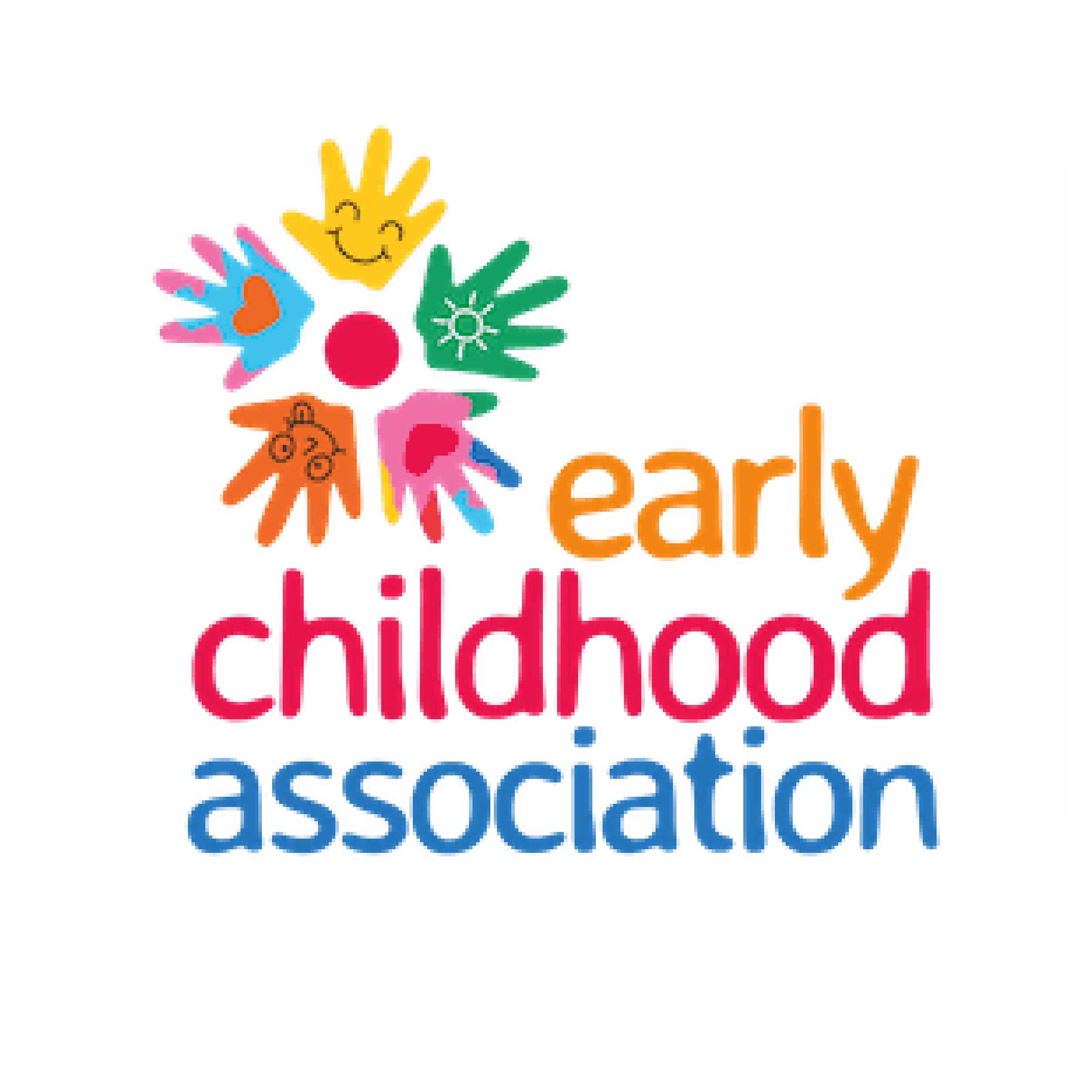We live our lives through the lens of another’s.
How often do we reach for our phones when we begin reading texts like these?
There is really no certain answer to such a question. Statistically speaking, when, or if, you get through a third of this passage, there’s a high chance that you’ve found another object of interest in the background, a second tab, your screensaver, or even, a stray vein on your hand you’ve “only just observed”.
A goldfish has an attention span of 8 seconds on average.
A human can barely top that, with the mere increment of another quarter second.
I’ve lost 17% of my audience by now, and the 83% still here can only skim this in hopes of being the last one here.
But can we lose all accountability here and blame it on what we consume? Are we all we feed our minds?
No, and, yes.
Between stimulus and response lies a space.
In that space lies our freedom and power to choose a response.
In our response lies our growth and our happiness.
Steven Covey explains no Socratic philosophy through these words, yet we still fight to consume a small tidbit in our instilled habit of joining the rat race to, frankly, slavery.
Take this with an example.
You have seven math problems, an essay due tomorrow, and a party at night.
You’re through with two problems, with a document for your essay and a chat between you and your friend open on your laptop.
Chances are, before you can finish writing the answer for your second equation, a ping from the chat will set your brain off into a frenzy for a “spicy update” to what she’s wearing that night.
Necessary?
Not.
Trendy?
Of course it is.
The thing is, we’ve wired our brains into shorter attention spans, so much so that if said friend sends us a music playlist with songs we haven’t listened to, we’ll give the first one three seconds to impress us and skip over to the next song.
And, surprise, surprise, you’re still not done with the second math problem.
Find an app you catch yourself repeatedly opening to get “a bout of rest before resuming work”.
Scroll over to the history section.
Rave your gaze over to the little rectangular bar that says “shorts: 120 watched”.
Multiply that number by 60.
You’ve spent 2 hours of your day raking mindlessly through short-form content, half of which you haven’t absorbed, and while two hours seems insignificant, think of how those 7200 seconds could have changed your life. There is, really, no long shot here. Sun Tzu, Lao Tzu, Sartre, Clear, and Kafka can ramble on and on about strategy and existentialism and management and whatnot, but when you choose to implement what you’ve gained through those philosophers into those 7200 seconds, how often do you find yourself trying to steal back 6000 of them?
Habits compound.
Snooze your alarm for a five-minute buffer on sleep one day, you’ll find yourself doing it every day of the week.
Ignore a 1% deterioration in your character once, and mathematically, you’re down to zero by the end of the year.
Contrarily, a 0.99% improvement in any aspect of your character compounded daily can exponentially make you 37 times better by nightfall the 365th day.
The problem is, we term, albeit subconsciously, ignorance, bliss.
We try comparing ourselves with people we come across on social media, or those around us, mostly ignoring motive, but always relaying our focus on “how much better they are”.
How often do you go to a park? Ever do it in absolutely no company but your own?
(Your phone leaves, too.)
We take simple tasks, like riding a metro every day, sitting on a swing alone, or even watching someone officiate a wedding, and pick up our phones, having lost curiosity about what the person in front of us might be doing.
No “Lady Gaga’s STUNNING Met Gala outfit shocks everyone; Kardashians respond” or “Extreme Fortnite gameplay: Last one standing?” may compare to what you’re losing right now, and you’re voluntarily feeding your brain information to fry those neurons you have left, turning your practicality on ‘Do Not Disturb’ instead of that little death trap, for lack of a better word, in your hands.
You are what you consume. Consume unnecessary content daily, you’re losing sight of that test you have next week. Short-form content can only be beneficial if you’re absorbing any important, valuable information through that video. Otherwise, it’s just a grey day into scrolling mindlessly and finding cheap sources for that little dopamine kick (that you might find anyway by focusing on tasks throughout your day) and picking up that phone after every math equation or short-answer question for “a five-minute break”, per five minutes of studying, painting, training, or any activity that enhances the use of your time and betters your skill.
In a brief conclusion, accountability is still in our hands. We hold the power to shape our mindset and drive away from what’s making us lose our vision. We are what we absorb, and we’re not making the most of all that until we steer clear of anything that holds us back.
I’m only speaking to 7% of the people who started reading a while ago, and 4% have forgotten half of what I’ve mentioned.
But even to the 3% still here, that essay is still due tomorrow, bud.
Author: shish_admin
God Save the Overthinker
I stood under the weeping rain
and got drenched with it in sorrow
though I prayed and prayed to God
to put me back together
and this time stronger, please!
I can’t stop thinking,
my emotions are becoming like a whirlwind
my heart is heavy and my soul feels clueless
my thoughts are scattered and it’s nothing but a mess
My thoughts are like rivers that flow
mostly rapid and sometimes slow
are they till the winds change, or till the tides turn?
But no, they continue to flow even after the first snow.
But I don’t want to think anymore
At least God, not today please,
I want to be strong, but this time stronger, please!!
That Sound was Yours
What was the first sound you heard?
Wasn’t it the lovely bells jingling;
calling out your name?
Wasn’t it the silent water gushing forward;
And the sweet breeze with scented petals aloft;
all calling out your name?
It was a voice of care and love, and faith amass;
Cuz it knew you would come;
for you dreamt so well.
Then this little parasite wondered and walked on that perianth path;
trying to squeeze off everything there was to love,
‘What if’ I never could;
‘What if’ it was never mine?
But love, why wasn’t it
‘What if’ I could?
Love, you wouldn’t have been called so lovingly if it never was yours;
but it is,
This hollow doubt came to hinder and
you hid away, unwilling to look this way.
Dear, you are worthy of every ounce of love and bliss;
so don’t wonder, ‘what if?’
Remember, you heard the first sound;
The sound that belonged only to you.
I Don’t Read Much
Well, the other day a friend of mine asked if liked to read, and I said “I don’t read much”. So she asked me if she could show me her favorite book and a few other good suggestions.
I agreed and she showed me her favorite book and I was like, ‘Oh! I have read this one!’ And it went on like that until 20-30 books that we finally came to a book that I hadn’t read.
Then she turned to me and said,” But you said you don’t read much.”
I smiled and replied, “How much is much?
Is reading 12 books a year much?
Or
Is reading 52 books a year much?
Or
Is reading 365 books a year much?
Well, if you asked me, I would say that none of them fit the description; because even if I spend every single moment of my life reading rather than breathing, it would still, never be much.
Because,
Knowledge can’t be limited,
Imagination sees no boundaries
And reading has no restrictions.
So if you asked me how much I read, I shall always say, ‘I don’t read much.'”
A Stitch in Time
‘Stitch in Time Saves Nine’ basically means to refrain from being lazy, whether in work, studies, or life. For example: If there is a stitch coming off from a cloth and we stitch it at that time then we could prevent it from tearing further.
The same principle also applies in our life. If we procrastinate and delay our work, we would create problems for ourselves and the work would increase day by day and then we will feel burdened as the days pass. If we complete our work in time on a regular basis, we will never feel burdened or stressed because of it.
The people who are disciplined and focus on every single problem, even if it is small, are more successful than others.
The Brushstrokes of Reconnection
Once upon a time in the quaint town of Willow Creek, there lived a teenage girl named Emma and her mother, Linda. Emma, a high school junior with immense love for painting, had been feeling increasingly distant from her mother lately. Linda, a dedicated nurse, worked long hours and often came home exhausted, leaving little time for the two to spend together.
One crisp autumn afternoon, Linda surprised Emma with a day off and suggested they visit a local art festival. Emma hesitated, feeling unsure about spending time with her mother after weeks of feeling neglected. But Linda’s genuine excitement and the promise of a relaxing day together made Emma agree.
At the festival, the air was filled with the scent of fresh paint and vibrant colours of various artworks. Emma’s eyes sparkled as she saw different paintings and sculptures, and she eagerly led her mother through the maze of booths. Linda admired her daughter’s passion for art. She also noticed how her daughter’s eye shone every time she talked about the techniques she adored and the emotions the art evoked.
As they wandered, Emma and Linda stumbled upon a blank canvas and an array of paint supplies kept for the visitors to try their hand at painting. Linda, at first felt nervous, but wanting to spend her time with her daughter, suggested they paint something together.
Emma was surprised but agreed. They chose a spot under a large oak tree and began their collaborative work. Initially, Emma took the lead guiding her mother through mixing of colours and creating shapes, gradually Linda found her rhythm, and soon they started chatting, laughing and having fun while they painted.
The sun began to set, casting a golden hue over their canvas. Emma noticed that her mother, despite being tired from work, was fully engaged and enjoying the moment. Emma began to share her dreams, her fears of going to a college and also shared that she being a teenager, needed someone to talk to her and comfort her. Linda gave some amazing advice that Emma didn’t realise she ever needed.
When they finished, their canvas was a mix of beautiful colours and wonderful patterns. Emma saw her mother in a new light: not only as a provider but as someone who genuinely cared and wanted to be involved in her life.
On the drive home, Emma turned to Linda and said, “Thank you for today mother, I needed it and it meant a lot to me.”
Linda turned to Emma and said “I’m glad dear, I have missed these moments with you.”
From that day on, Emma and Linda made it a point to carve out time for each other. They realised that amidst busy lives, these simple moments were the ones that truly mattered.
And so, Willow Creek was not only a place of picturesque beauty but also a testament to the power of reconnection and love between a mother and her daughter.
Chords of Understanding
This is a story reflecting a family’s transition into realising the strength of love, understanding and support rather than expecting. This is a story illustrating the process through which a troubled teenager discovers her own self.
This is the story of Anaya, a fourteen year old girl. Like most of us do at that age, Anaya imagined and dreamed of something way beyond limitations and boundaries. She didn’t want to hold back but wished to live fully and freely on her own terms. Her artistic self, which was hard to miss, burst out through rhythm, tones and music.
But these wishes, this very hard to ignore personality was unknowingly missed by her parents. They demanded a lot from her, expected a lot from her. However, this didn’t imply that they loved her any less, on the contrary they wanted the best for her. But they had a very different perception of that.
And there were many instances of this, pushing her into activities she did not enjoy, enrolling her in classes that drained her energy and setting goals that were impossible to reach.
Anaya was growing frustrated, not because she was rebellious or ungrateful but rather because she now started to feel suffocated and trapped under all that burden. She wanted to make her parents happy, but in this process, she started to succumb to an unpeaceful state of mind.
After a rather heated argument with her parents, Anaya went to the attic, she found solace there, and felt at peace. She wasn’t proving herself every moment there, trying to justify her dreams, she was away from the chaos.
There she found a dusty guitar and recognizing it from old pictures she realised it was her grandfather’s. Someone who didn’t regret the decisions he made and enjoyed every moment of his life.
She started strumming the guitar, at first she was unfamiliar with it, not able to pick up the tone. But she didn’t give up, because she felt a sense of comfort when she practised everyday, the rhythm started to intertwine with her feelings. These moments let her express all those unfulfilled dreams and unspoken desires. It helped her connect to a part of herself that was buried deep inside. And she only got better over time.
Her parents started to notice a change in her. She seemed distant but there was a sense of contentment in her demeanour. And they were also concerned because they did not know what she was doing in the attic for such long hours.
One afternoon they decided to follow her and find the truth. And they found her, and they found what they had missed. While she was so lost in creating the music she so loved they found the plea of their daughter, not for less responsibility but for the freedom to be herself and not to be judged by her own parents.
This was a time of realisation for them. They understood that while they were trying to put Anaya on a path of success which they had decided for her, they were also setting her on a path of unhappiness and not giving her an opportunity to discover her true identity.
It was understandably hard for them to let her go but it was essential to feel that pain for her self growth. Over the next few weeks the burdens weakened and the support from her parents to pursue what she wanted was unwavering and Anaya thrived on that.
This is definitely a story where parents realise that they cannot dictate their children’s life, this is also a story where a teenager’s character develops. But more importantly, this is a story where we understand that true success can only be achieved when one sets on a path true to oneself.
The Breeze
Feel the breeze, blowing through my hair,
This breeze, it could take me anywhere,
Calmly, as I close my eyes,
Swiftly, my soul flies.
And I felt like the whole world was ours,
As I smelt the blooming flowers,
Oh! How the breeze flowed through the moist grass,
And here I wanted my life to pass.
Up on the green hill with a sigh, I stood,
The naughty breeze took away my hood!
With the breeze blowing on both my sides,
I swam away with the waves and tides.
On the lonely island, I didn’t feel alone,
This place, it felt like my own, my home,
And on the salty sunset beach,
I touched the sun, it was in my reach.
Down on the rocky river bank,
I thought about the people I should thank,
And in a small frosty mountain cave,
Many, I forgave.
With ease, I was dancing and humming,
Flying, back I was coming,
And so, calmly I opened my eyes,
And once again the breeze blew through my hair,
And indeed, it took me everywhere.
So Clearly a Blur
In the midst of every
Everything is so clearly a blur.
I seem to know the road,
But not the pace.
Each day is so properly woven
In the tangled threads.
What’s the matter? I don’t know.
Everything is so lovely.
Even the dilemma looks adorable.
Dust once under my shoes
Now all over like a mist.
It’s a lovely mist of green and blue,
and white and orange.
Sometimes black and even rosy hue;
Rainbow of gazillion colours
Amass in the garbled sky.
The mist shall fade soon.
Maybe also the reason for my ease.
But to be honest;
It’s all so lovely when it’s clearly a blur.
Rough Winter Cold
The rough winter cold sets in like a king claiming his crown
Sweet, sweet loneliness passes itself around
Broken souls in a dead world
Fragility is the only thing we humans have conserved
The earth is not dying, we are.
It doesn’t need life to live
We do and yet we seem to be taking it away
“Save the environment,” they say
But the environment doesn’t need saving, we do.
The earth will always become new
While our maladies will spread ceaselessly
Yet we take the damage unflinchingly
As we will continue to,
Until we realise how rough the winter cold has become
And our problems have survived this wild run.
It is us who lynched the sea
It is us who scorched the desert
It is us who adulterated the breeze
It is us who stopped the rebirth
Yet it is we who have to bear
The rough winter cold that comes with growing old
The earth flourishes as it grows older, we do not
It is not the earth that needs saving, it is its children
We cannot survive how rough the winter cold will become.





















